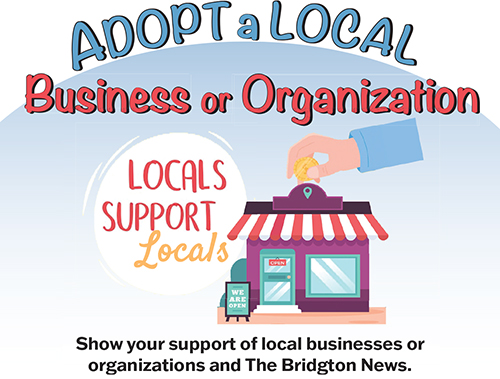Pandemic: Frequently asked questions about coronavirus

Where can I get more information?
For up to the minute information about the spread of the coronavirus in Maine, and any health and safety specific questions, please call 211, which is updated regularly by the state of Maine CDC.
Central Maine Healthcare has also set up an information hotline that is updated regularly and can be contacted by calling 207-786-1818.
What are hospitals doing about the virus?
At Central Maine Healthcare, we have been specifically planning for any outbreak of COVID-19 for several months. At this point, we are operating an Incident Command team which is spearheading all our planning, logistics and operations around the COVID virus while ensuring continuity of care for all our patients.
To protect everyone's health, we have restricted access to our hospitals, most importantly restricting all visitors with a few rare exceptions (laboring mothers, pediatric patients, compassionate care). We have also closed most entries to our hospital facilities.
We are postponing most elective surgeries that require an overnight stay. Necessary surgeries continue, and hospital staff is contacting all patients to either confirm or reschedule surgery appointments. Clinics and provider practices remain open, as do our retail pharmacy and lab at 12 High Street, Lewiston.
If you are concerned about an upcoming provider visit, please call your provider to confirm or reschedule.
What about testing?
We have set up satellite testing sites adjacent to our Emergency Departments at Central Maine Medical Center, Rumford Hospital and Bridgton Hospital. Patients with respiratory symptoms are interviewed by triage nurses at the entry to the ED and then if appropriate referred to the testing tent.
So far, Central Maine Healthcare has tested more than 60 people. Three positive tests have resulted, two from CMMC and one from Bridgton Hospital. All of these patients are in self-quarantine at home.
CMH is in the process of standing up additional satellite testing sites. More details to follow.
Can anyone get tested?
We recommend that anyone with respiratory symptoms, including a cough, fever, and/or shortness of breath, contact their primary care provider to be referred to a testing site. If you have been traveling overseas, or been in close contact with someone who has been traveling or is a confirmed carrier of COVID-19, you need to be tested.
If you don't have a primary care provider and feel you need to be tested, you can go to one of the testing sites and consult with the triage personnel.
My boss says I need to get a negative COVID-19 test in order to come back to work from vacation/sick leave.
Hospitals cannot provide occupational health clearances for COVID.
My doctor says I should practice "social distancing." How do I do that?
Social distancing—or staying away from groups of people, including at restaurants, stores, religious services, sporting events or entertainment venues—makes sense because it reduces the risk of spreading this disease, which is transmitted through respiratory droplets.
If you are elderly or have an underlying medical condition, you are most at risk to develop a severe case. Staying home makes sense for you.
It is important to remember that because the majority of people who get this virus have only mild to moderate symptoms—and don't realize they are infected—they can transmit the virus to more vulnerable people, like the elderly. To stop widespread transmission and to avoid overwhelming the health system, stay home.
Here's how:
- DON'T go to any group events or locations with 10 or more people.
- DO get out in nature. A walk in the sunshine and clean air cures "cabin fever" and is a healthy habit.
- DON'T go to work if your employer permits you to work from home.
- DO wash your hands frequently with soap and water (at least 20 seconds). This includes after contact with grocery carts, gas pumps, ATMs and similar.
- DO reduce anxiety by tuning out social media and news several hours per day.
How are you protecting hospital staff?
Restricting access to hospitals, locating testing sites outside of the hospital walls, and providing Personal Protective Equipment to patient-facing teams all help to keep our staff safe. These steps also protect our patients in the hospital and their families.


